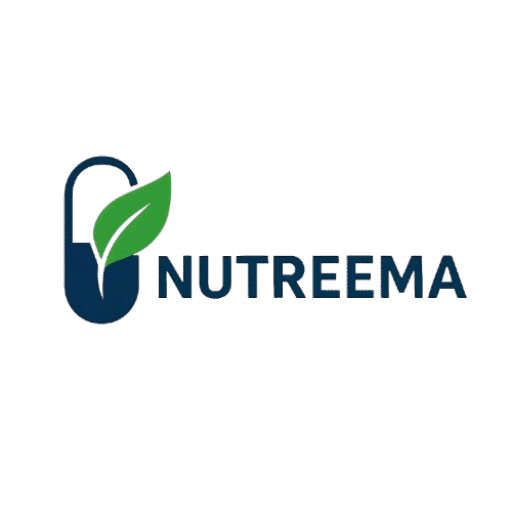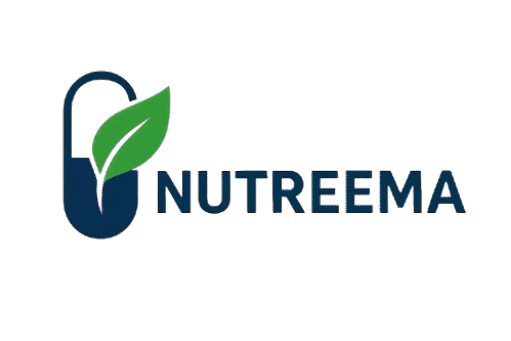A well-planned vegan or vegetarian diet can be incredibly healthy, but certain nutrients are harder to obtain from plants alone. Here’s a breakdown of the most important supplements to consider, backed by research.
1. Vitamin B12 (The Most Critical)
Why?
-
Only found naturally in animal products.
-
Deficiency can cause anemia, nerve damage, and fatigue.
How Much?
-
Minimum: 250 mcg daily or 2500 mcg weekly (methylcobalamin form preferred).
-
Best Sources: Fortified foods (nutritional yeast, plant milks) or sublingual B12 supplements.
2. Omega-3s (DHA & EPA)
Why?
-
Plant-based ALA (from flaxseeds, chia) converts poorly to active DHA/EPA (<10%).
-
Essential for brain, heart, and eye health.
How Much?
-
200–300 mg DHA/EPA daily (from algae oil supplements).
-
Avoid fish oil (not vegan).
3. Vitamin D3 (If Sunlight Is Limited)
Why?
-
Deficiency is common, especially in winter or low-sun climates.
-
Supports immunity, bone health, and mood.
How Much?
-
1000–2000 IU daily (D3 from lichen is vegan-friendly).
-
Get tested if unsure of levels.
4. Iron (For Some Individuals)
Why?
-
Plant-based iron (non-heme) is less absorbable than animal-based iron.
-
Menstruating women, athletes, and pregnant vegans are at higher risk.
How Much?
-
Check levels first (ferritin test).
-
If supplementing: 18 mg daily (with vitamin C for better absorption).
-
Avoid calcium/coffee with iron meals.
5. Zinc (Important for Immunity)
Why?
-
Plant phytates (in beans, grains) reduce zinc absorption.
-
Deficiency can weaken immunity and slow healing.
How Much?
-
8–11 mg daily (opt for zinc citrate or picolinate).
-
Soaking nuts/legumes helps absorption.
6. Iodine (Often Overlooked)
Why?
-
Found mainly in seafood and dairy.
-
Crucial for thyroid function and metabolism.
How Much?
-
150 mcg daily (from iodized salt or kelp supplements).
-
Too much (from excess seaweed) can be harmful.
7. Calcium (If Avoiding Dairy)
Why?
-
Plant sources (kale, tofu) may not meet daily needs.
-
Critical for bones, muscle, and nerve function.
How Much?
-
500–600 mg per meal (from fortified plant milks, supplements if needed).
-
Combine with vitamin D for absorption.
Who Should Consider Supplements?
✔ Strict vegans (B12, D3, Omega-3s are non-negotiable).
✔ Athletes or pregnant women (higher iron, zinc needs).
✔ Those with digestive issues (malabsorption risks).
Who Might Not Need Them?
-
Flexible vegetarians (if eating eggs, dairy, and fortified foods).
-
People regularly consuming algae, nutritional yeast, and fortified products.
Final Recommendations
-
Get blood tests (B12, iron, vitamin D) before supplementing blindly.
-
Prioritize food first – fortified plant milks, nutritional yeast, chia seeds, etc.
-
Choose high-quality supplements (look for vegan certifications).


